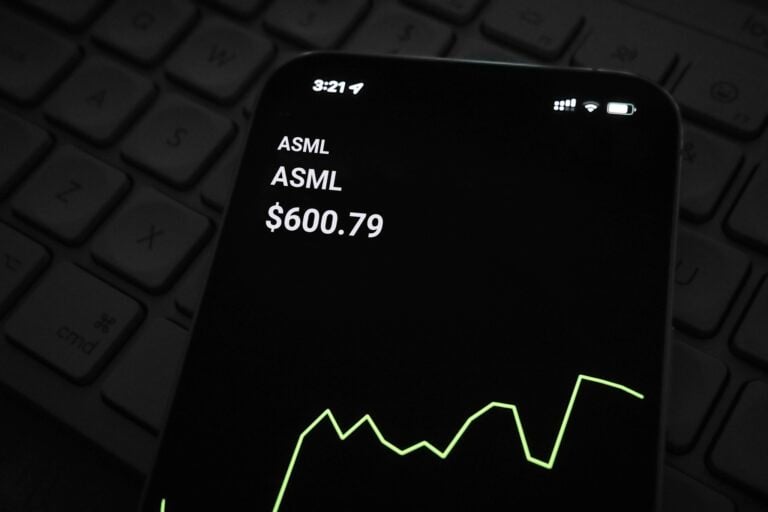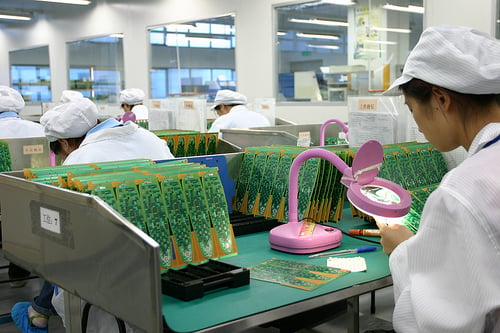
Changing Industrial Relations in India’s Mobile Phone Manufacturing Industry
There have been a few dramatic changes in the mobile manufacturing industry since our last report on the mobile phone sector in India in 2008. These changes have been shaped in part by factors beyond the industry such as the global recession, and in part by driving forces within the industry itself and its response to pressure from various quarters. One of the most remarkable developments in the industry has been the unionization of the worlds top mobile manufacturer, Nokia. Nokia’s workforce in South India formed a union as a result of a resoundingly successful strike in August 2009, followed by two more strikes in January and July 2010. An attempt to improve employment conditions in the leading company in the mobile phone market, both globally and nationally, has tremendous implications for industrial relations within the whole industry. This report is an attempt to understand the broader industrial context within which the strikes at Nokia took place and to grapple with its implications for workers in the rest of the industry in India.
Meer informatie nodig?
-

Irene Schipper
Senior Onderzoeker
Partners
-
Cividep India – Civil Initiatives for Development and Peace India
Publicatie
-
Downloaden: Changing-Industrial-Relations-in-India’s-Mobile-Phone-Manufacturing-Industry (pdf, 241,95 KB)
Related news
-
 Overheid pampert ASML en aandeelhouders met 4,4 miljard euro belastingkortingGeplaatst in categorie:Lang lezen
Overheid pampert ASML en aandeelhouders met 4,4 miljard euro belastingkortingGeplaatst in categorie:Lang lezen David Ollivier de LethGepubliceerd op:
David Ollivier de LethGepubliceerd op: -
EU-wetgeving voor batterijen moet ook gelden voor bauxiet, koper en ijzerGeplaatst in categorie:Gepubliceerd op:Verklaring
-
State of play and roadmap concepts: Elektronics Sector Gepubliceerd op:
 Alejandro GonzálezGeplaatst in categorie:Publicatie
Alejandro GonzálezGeplaatst in categorie:Publicatie Alejandro González
Alejandro González

